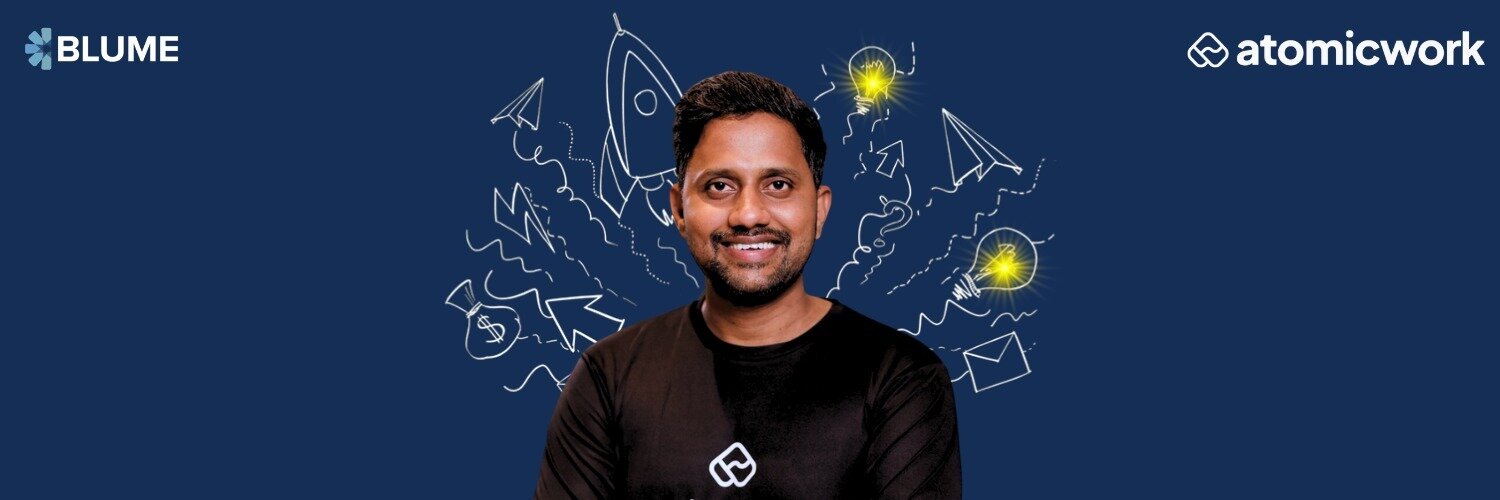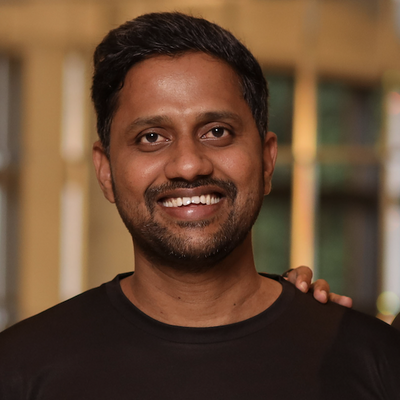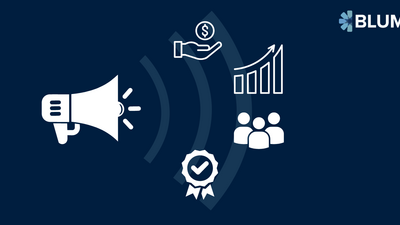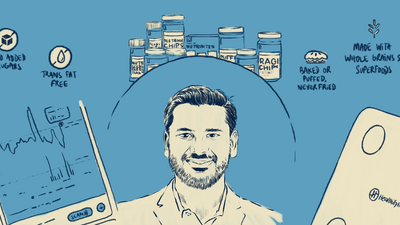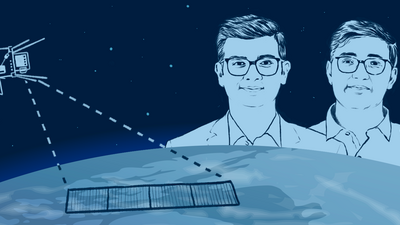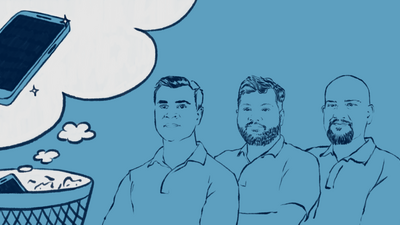A lot of people ask me if I'm crazy to start up again. And I understand where they're coming from. Startups are painful, especially in the initial days. There is too much work and too many unknowns. You have to assemble a team, organize funds, and iterate on ideas – most of which won't work out, so you go back to the drawing board and refine them again and again. The first couple of years are generally depressing for founders.
Having said that, I find a special joy in seeding new things. And what better way to seed multiple new things than to start a company?
Entrepreneurship gives you plenty of opportunities to try out new things, whether it is building a new product, cracking a new market, or fostering a new team culture.
There's also a high probability of you adding non-linear value. On an individual level, entrepreneurship offers an accelerated and compressed learning experience like no other. And on a community level, it enables you to create value beyond yourself.
And so, with my inherent desire to explore new things and create value, it felt natural for me to dive into entrepreneurship once again.
As I'm building my second startup, Atomicwork, I notice that while some aspects remain the same as my first stint, others are starkly different. Both in terms of the experience of building a company, as well as how I operate as a founder.
Familiarity breeds comfort
I've always been a big believer in the power of perseverance. And now, I equally believe in the virtue of patience.
As a first-time founder, I didn't come with a lot of patience. My first experience building a business taught me that it takes considerable time to build a good product, win business, and scale a company. I learned that you need a combination of perseverance and patience to focus on the long-term view over having a myopic perspective.
Generally, when you've already been through an experience, and you're trying to go through it again, you find yourself a lot more comfortable and at peace with the process.
When I started my first company, there was inherent stress involved. With this venture, though, I'm enjoying the journey more. Even though there is a certain level of stress, there is a lot of conscious joy. Earlier, I used to reserve my celebrations only for significant milestones. But nowadays, I don't find it necessary.
During my early days at Minjar, I would undergo considerable stress when a candidate accepted a job offer but didn’t follow through with it. Now at Atomicwork, however, I’ve adopted a radically different approach. Right before extending an offer to a potential hire, I engage in what I like to call an ‘anti-interview.’ I deliberately discourage them from joining our early-stage startup by discussing all the potential challenges and uncertainties they might face.
And I’ve actually come to enjoy these conversations, even though there have been instances where some candidates withdrew from the hiring process because of perceived risks. It’s one of those experiences that I now appreciate as a founder, in stark contrast to my earlier days.
It's also easier for me to reach out to people and share my ideas without hesitation, as I have my previous experience and achievements to back me up.
And this comes in handy when I'm raising capital as well. Being a founder with a successful track record will help you with at least raising the seed capital for your new venture.
There's no magic wand
I used to think that once you'd done it once or twice, you'd develop a magic wand that would solve all your founder problems. It didn't take long for me to realize that it simply wasn't the case.
While some things get easier, like reaching out to your network and raising funds, you still have to work hard to get everything else right - you still have to build a product that customers love, a company that's laser-focused on its mission, and a team that's as committed to the vision as you are.
You still have to be obsessed with creating value, for people who work with you, for people who use your product, and for people who invest in you. Those things don't get any easier, no matter how many times you've done it before.
Adding to this, the second time around, based on your previous accomplishments, your own expectations, your team's expectations, and the ecosystem's expectations are generally very high. It's your job to not let that pressure get to you.
Every time is new
Let's say nothing changes in the broader perspective of the world, and everything remains the same. Then, it would be extremely easy for people to repeat the same playbook from their previous experiences and build successful enterprises.
But that's not the world we live in.
Our world is far more complex and is rapidly changing. Something that was making waves just a few months ago might have become obsolete now.
So while building a company gives you muscle memory and does give you an extra edge, you will keep learning new lessons with every new endeavor. As a serial entrepreneur, while you may avoid your past mistakes, you will invariably end up making new ones.
And that's part of the evolution of your company and you as a founder.
People, problem, and capital
Based on my experience, I have learned that these are the three most important aspects every founder must think deeply about.
First, the people. Building a company is like a multiplayer game. So you must identify and onboard the right people who can align, collaborate, and execute with you and work towards one common goal. When it comes to hiring the right people, shared context and shared values are critical.
For example, at a startup stage, you need to bring in a marketer who has done early-stage marketing and not someone who has only done late-stage marketing because, for the latter, early-stage marketing might not feel like great work.
In a startup, most things are unpredictable and uncertain. So you need to find people who have a long-term view, a learner’s mindset, and the ability to get comfortable with being uncomfortable.
Second, the problem. Generally, most founders tend to get obsessed with the solution. Instead, you need to obsess over the problem you're trying to solve. You need to dive in and study the depth and breadth of that problem.
If you only spend 10% of your time thinking about the problem and the remaining 90% on your solution, you end up building a product that you think is the right solution to a problem you don't even understand in the first place.
Being attached to the problem rather than the solution will be extremely beneficial for founders in the long run.
And finally, the capital. As a founder, it's important to have enough capital to grow your company and carry forward with your mission. The first kind is the energy capital, which stems from the problem you're going to work on and your motivation to solve it.
The second one is the culture capital that is generated from your team, their dedication, and the way they work with each other.
The third is the financial capital. If you have sufficient funds but don't have a solid team or a good problem to solve, then you're not going to be able to carry on beyond a point. On the flip side, if you have a great team and are obsessed with a problem but don't have the funds to support you, it's going to be a very painful journey for you as a founder.
My final two cents
My parting advice to anyone wishing to become a serial entrepreneur - don't do it just because you feel like everybody else is starting up. You must have a valid reason for doing it. If your "why" is not clear to you, then you will not do a good job of it.
If you do decide to start up, then go in with a growth mindset. Most startups will fail; that's the nature of the game. So as a founder, you need to improve the odds of your success by learning and evolving as quickly as you can.
Because the last thing you want is to be the bottleneck in your own business.


